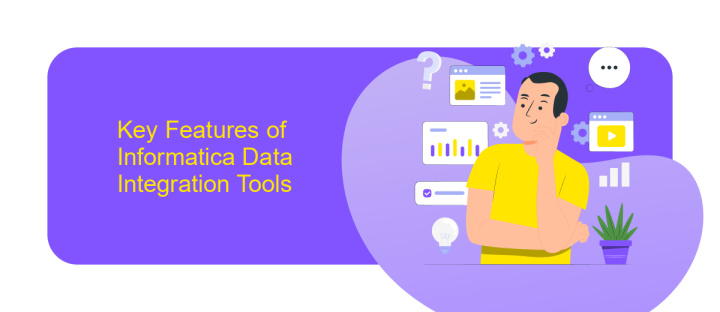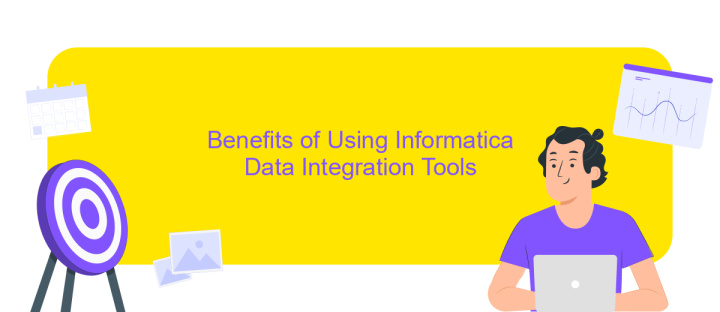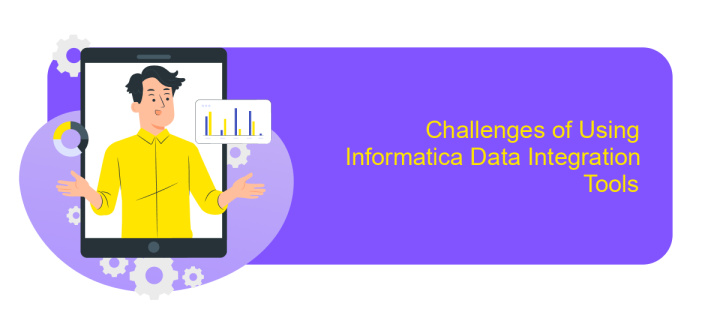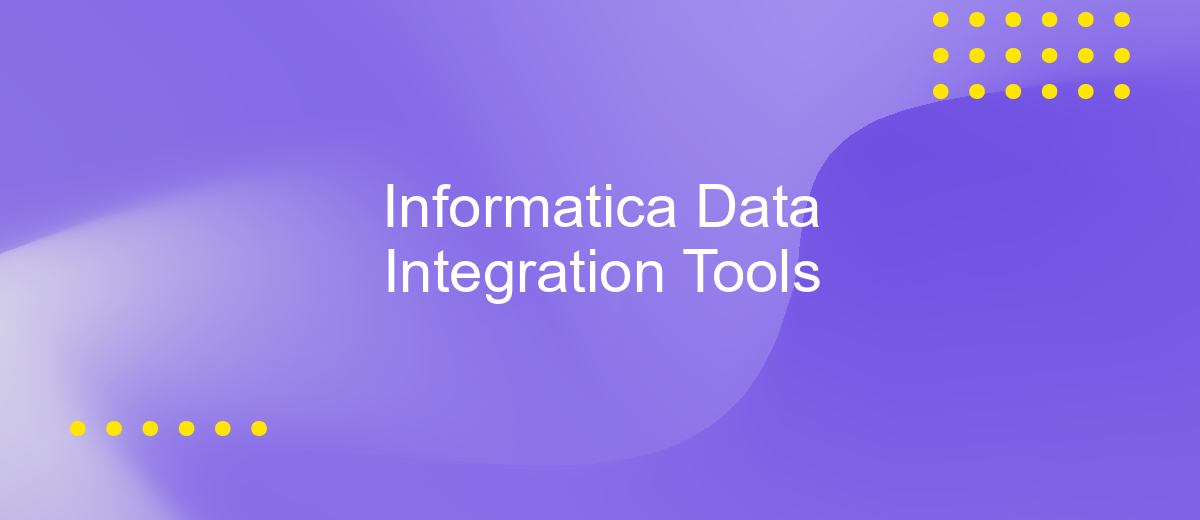Informatica Data Integration Tools
Informatica Data Integration Tools are essential for modern businesses looking to streamline their data management processes. These tools enable efficient data extraction, transformation, and loading (ETL), helping organizations integrate disparate data sources into a cohesive, actionable whole. With robust features and user-friendly interfaces, Informatica's solutions empower companies to harness the full potential of their data, driving informed decision-making and operational excellence.
Introduction
Informatica Data Integration Tools are essential in today's data-driven world, providing robust solutions for data management, transformation, and integration. These tools help organizations streamline their data processes, ensuring that data is accurate, consistent, and readily available for decision-making. By leveraging Informatica's suite of products, businesses can enhance their data quality, governance, and overall operational efficiency.
- Data Integration: Seamlessly combine data from multiple sources.
- Data Quality: Ensure data accuracy and reliability.
- Data Governance: Maintain control over data assets.
- Master Data Management: Centralize and manage key business data.
- Cloud Data Integration: Integrate data across cloud and on-premises environments.
With the increasing volume and complexity of data, organizations need powerful tools to manage and integrate their data effectively. Informatica Data Integration Tools offer comprehensive solutions that address these challenges, enabling businesses to unlock the full potential of their data. Whether dealing with on-premises or cloud environments, these tools provide the flexibility and scalability required to meet the evolving needs of modern enterprises.
Key Features of Informatica Data Integration Tools

Informatica Data Integration Tools offer a comprehensive set of features designed to streamline data management and integration processes. These tools provide robust data transformation capabilities, enabling organizations to convert raw data into meaningful insights. With support for a wide range of data sources and formats, Informatica ensures seamless data integration across disparate systems. Additionally, advanced data quality and profiling features help maintain the accuracy and consistency of data, ensuring reliable analytics and reporting.
Another key feature is the intuitive user interface that simplifies the configuration and management of data integration workflows. Informatica's tools also support real-time data integration, allowing for timely and up-to-date information across the enterprise. For those looking to enhance their integration capabilities further, services like ApiX-Drive can be integrated to automate and streamline the setup of data workflows. This service provides an easy-to-use platform for connecting various applications and services, reducing the complexity and time required for integration tasks.
Benefits of Using Informatica Data Integration Tools

Informatica Data Integration Tools provide a robust platform for managing and integrating vast amounts of data from various sources, enhancing the efficiency and accuracy of data-driven decision-making processes. These tools are designed to handle complex data integration scenarios, ensuring seamless data flow across different systems and applications.
- Scalability: Informatica tools can scale to accommodate growing data volumes, making them suitable for both small businesses and large enterprises.
- Data Quality: They offer advanced data quality features, ensuring that the integrated data is accurate, consistent, and reliable.
- Automation: The platform supports automation of repetitive tasks, reducing manual effort and minimizing errors.
- Real-Time Integration: Informatica provides real-time data integration capabilities, enabling timely access to critical business information.
- Security: Robust security features protect sensitive data during integration processes, complying with industry standards and regulations.
By leveraging Informatica Data Integration Tools, organizations can achieve better data management, improved operational efficiency, and enhanced decision-making capabilities. These tools empower businesses to harness the full potential of their data, driving innovation and competitive advantage in the market.
Challenges of Using Informatica Data Integration Tools

Informatica Data Integration Tools are widely recognized for their robust capabilities in data management and integration. However, leveraging these tools can present several challenges for organizations. One primary obstacle is the steep learning curve associated with mastering the platform’s extensive features and functionalities.
Another significant challenge is the high cost of implementation and maintenance. Informatica tools require substantial investment in both software licenses and skilled personnel to manage and operate the system efficiently. This can be a barrier for small to medium-sized enterprises.
- Complexity in setup and configuration
- Integration issues with legacy systems
- Performance optimization concerns
- Data security and compliance challenges
Despite these challenges, many organizations find that the benefits of using Informatica Data Integration Tools outweigh the difficulties. By addressing these issues through proper planning, training, and resource allocation, businesses can effectively harness the power of Informatica to streamline their data integration processes and achieve their strategic objectives.


Conclusion
In conclusion, Informatica Data Integration Tools offer a robust and versatile solution for managing complex data integration challenges. These tools not only streamline the process of integrating data from various sources but also ensure high levels of data quality and consistency. Their advanced features, such as real-time data processing and comprehensive data governance, make them an essential asset for any organization looking to leverage data effectively.
Moreover, the integration capabilities can be further enhanced by utilizing services like ApiX-Drive, which simplify the process of connecting various applications and automating workflows. By combining the strengths of Informatica with the user-friendly interface of ApiX-Drive, businesses can achieve seamless data integration with minimal effort. This synergy allows organizations to focus more on deriving actionable insights from their data, ultimately driving better decision-making and business outcomes.
FAQ
What is Informatica Data Integration?
How does Informatica handle data quality?
Can Informatica integrate with cloud platforms?
What are some common use cases for Informatica Data Integration?
How can I automate data integration tasks in Informatica?
Apix-Drive is a universal tool that will quickly streamline any workflow, freeing you from routine and possible financial losses. Try ApiX-Drive in action and see how useful it is for you personally. In the meantime, when you are setting up connections between systems, think about where you are investing your free time, because now you will have much more of it.

